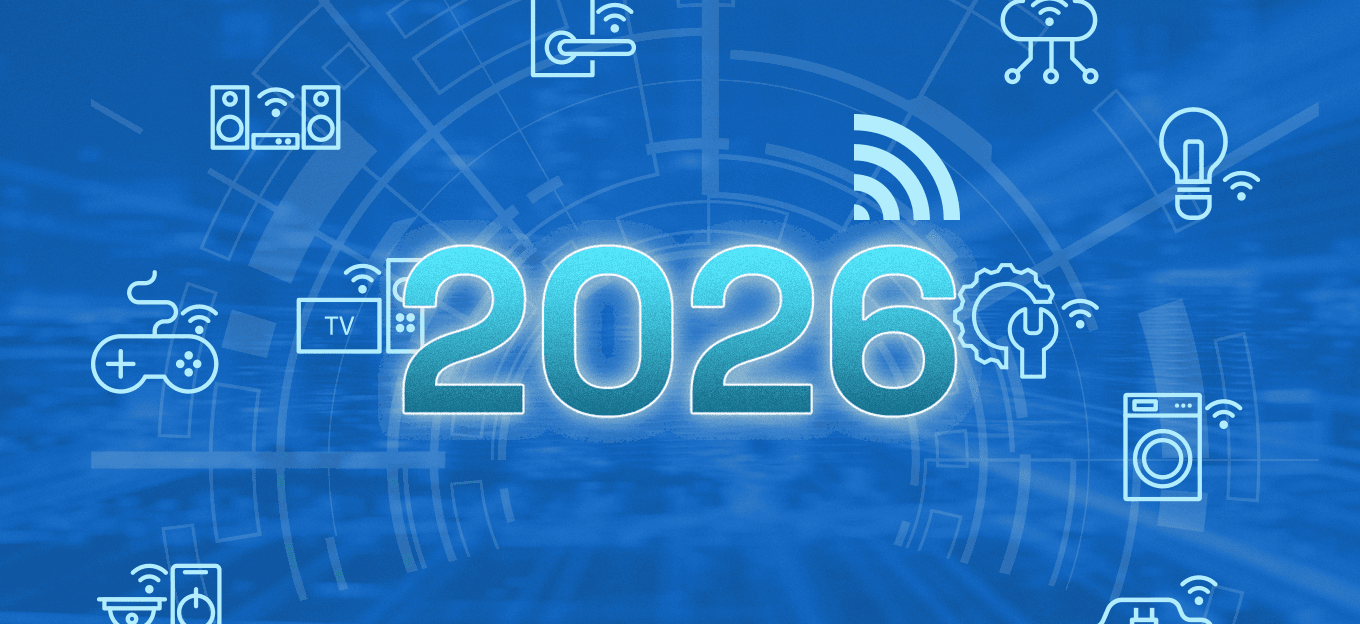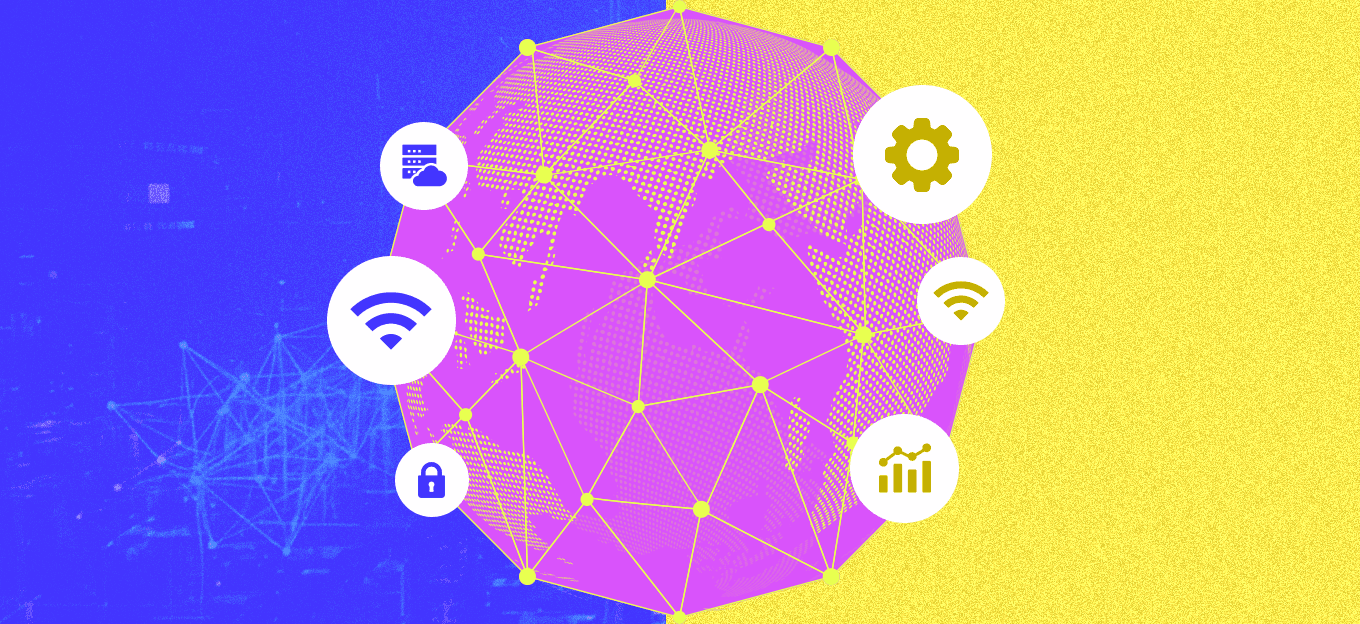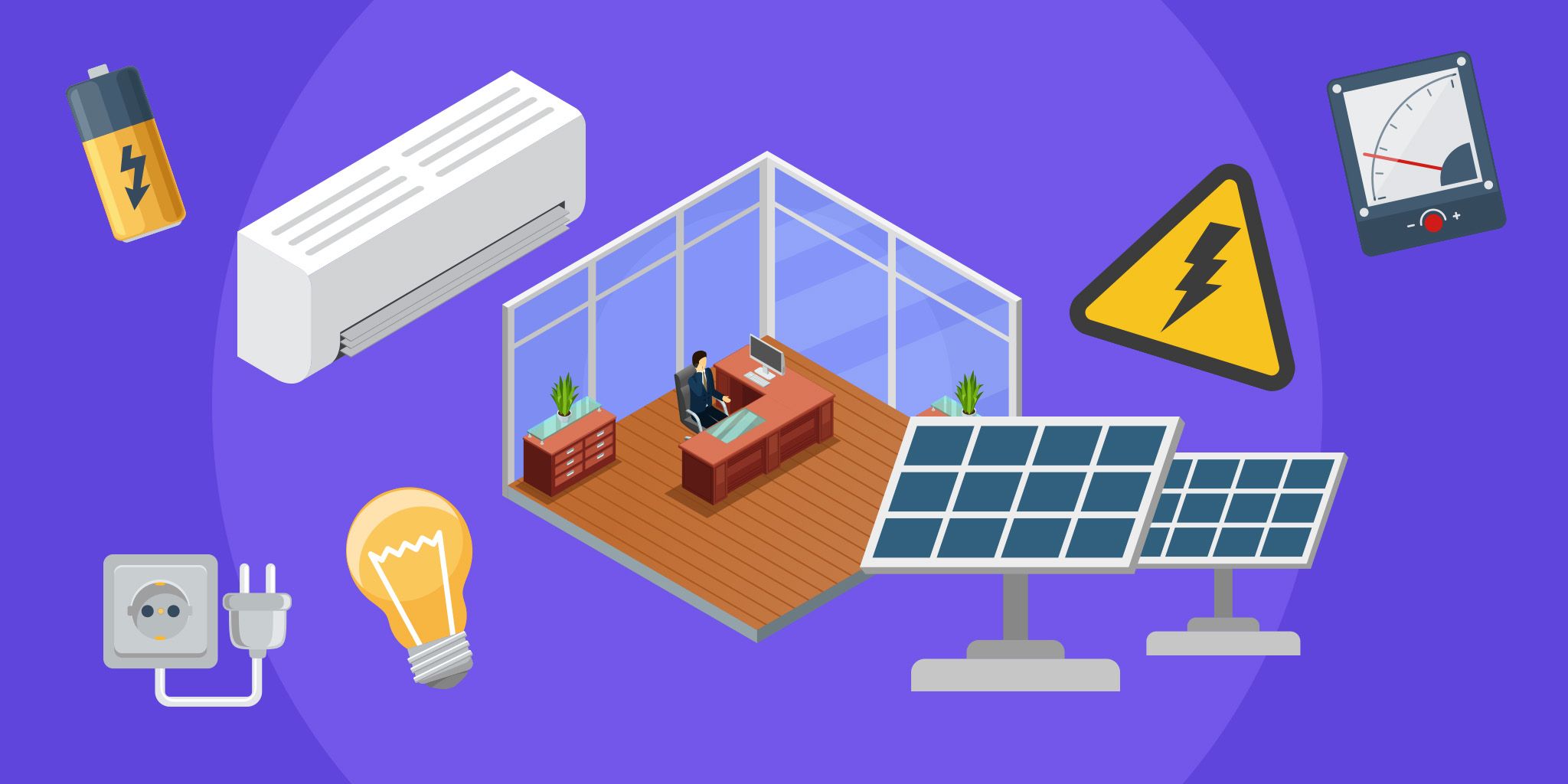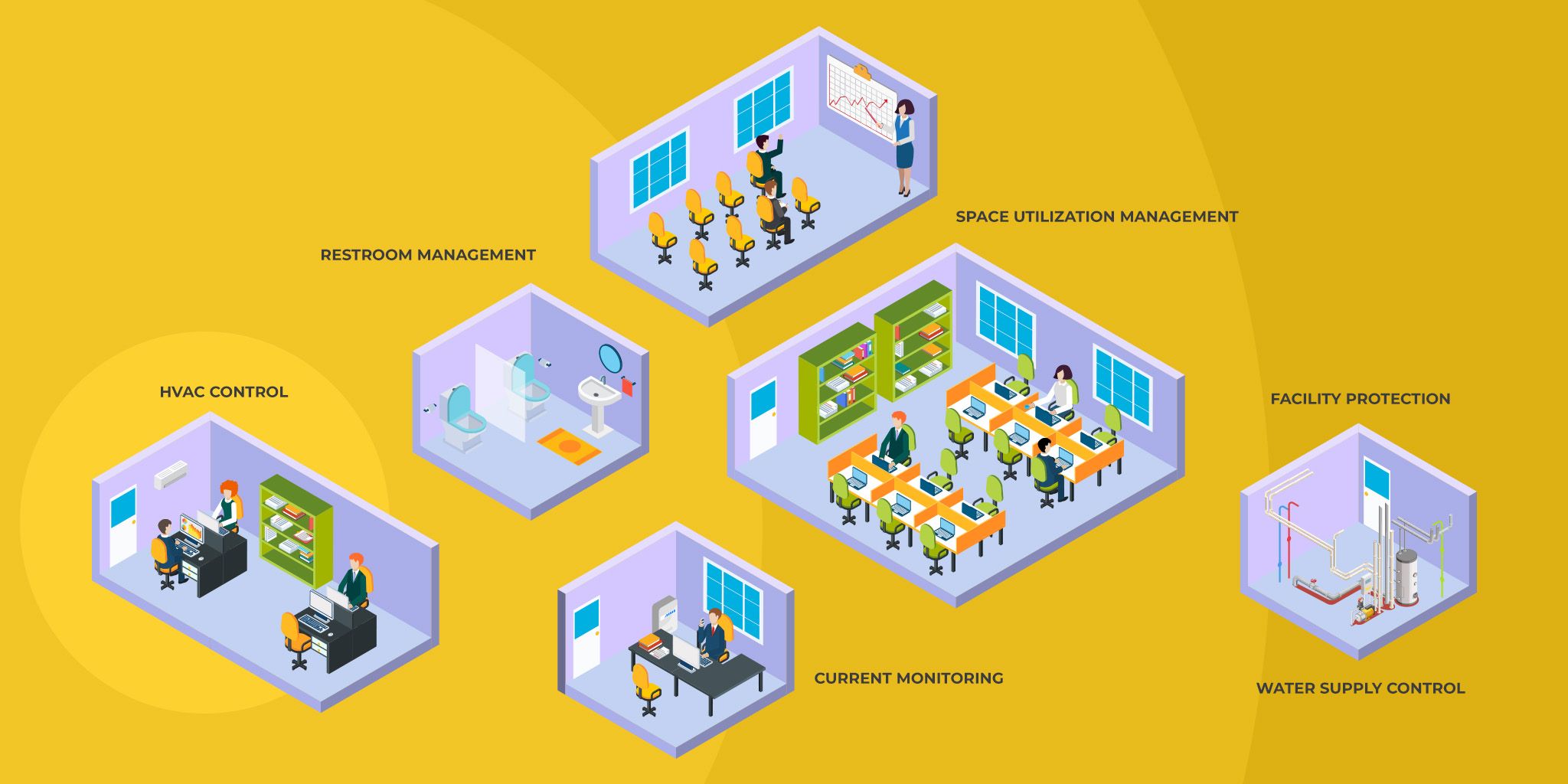The Missing Ingredient in Building Valuations
The Missing Ingredient in Building Valuations
- Last Updated: December 2, 2024
Site 1001
- Last Updated: December 2, 2024



One of the largest meetups of commercial real estate professionals concluded recently in New York City. Propmodo kicked it off with “Technology and Collaboration in the Built Environment” at the beautiful 4 Times Square building followed by a packed CRE-focused agenda hosted by MIPIM PropTech and MetaPropNYC.
With over 2,000 attendees from around the world, the conversations held on stage and amidst cocktail tables didn't disappoint. However, the discussions were almost without an important perspective—those who know buildings best.
The only formal panel that discussed building operations was aptly titled “Your Building is Talking, Are you Listening?” which is a motto very close to our hearts at Site1001. The panel’s combined responses defined an intelligent building as one that contains an internet of systems—not only an internet of things—that improves asset value through software-enabled participation of the people that operate assets and thus creates a data interchange that generates tangible intelligence. The panel agreed that AI allows us to ask questions and get an answer, but they also asserted that technology isn't the solution itself; it just gets us to where we want to go.
Close, But Not Enough
While I wanted to applaud many parts of the panel due to its heavy concentration on data-fed (or "smart") building operations and facility management, there's still so much more that needs to be said about building health and what it means and can mean to CRE. The global real estate market is expected to generate a revenue of $4.3 trillion by 2025, making it very attractive to technology companies. However, we’re missing an important part of building valuations as we move towards making them smarter and worth more.
Commercial Real Estate Building Valuations Are Lacking
"The global real estate market is expected to generate a revenue of $4.3 trillion by 2025, making it very attractive to technology companies," claims Grand View Research, Inc. Developing accurate intelligent building valuation models will become increasingly important to the real estate market as technologies like IoT unlock new revenue potential.
As we discussed in the last InSite Coast to Coast episode, no one understands buildings more than the people that keep them operational and comfortable. In the public view, building operators often fall into the shadows behind shiny new technologies, but our focus shouldn’t be binary (i.e. people or tech). The true value of tech emerges when it functions as the communication gateway between what a building is saying and the people who are listening.
Intelligent building valuation needs to go beyond the usual checkboxes: location, leases, and the tile in the lobby. It must consider a building’s health, i.e. its ability efficiently to provide a comfortable, safe, and productive environment day in and day out. Health can only be accurately determined by looking at broad sets of smart building data. We must examine maintenance and operational records for upkeep and performance information, IoT and sensor data that fill in gaps left by meters and smart building systems, and, most importantly, human-generated information like complaints, comments, and work order requests that provide the granular user feedback on whether the smart building is performing well or poorly.
Smart Building: IoT Provides the Missing Ingredient
Fortunately, popular IoT and "Internet of Systems" solutions show us the data we need in order to understand operating systems and their relationships with other building systems. When buildings have a living, always-updated record of what happened, what is happening, and what will happen that impacts asset health and longevity, the CRE market can properly decide the value of a building. Sadly, the industry is largely missing this important ingredient.
These CRE conferences need to include more experts who know buildings better than anything or anyone else. Not only will those experts add a new and very necessary perspective to discussions; they will shed light on the fact that optimal building technology platforms won’t replace the humanity of buildings but strengthen it.
The Most Comprehensive IoT Newsletter for Enterprises
Showcasing the highest-quality content, resources, news, and insights from the world of the Internet of Things. Subscribe to remain informed and up-to-date.
New Podcast Episode

IoT in 2026: Trends and Predictions
Related Articles





